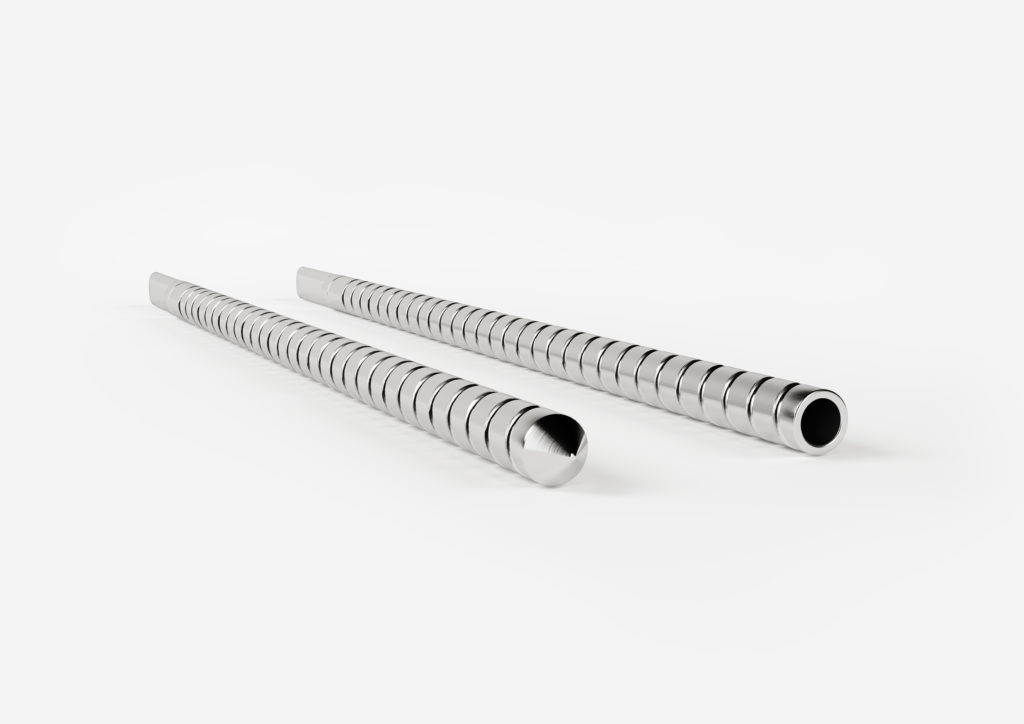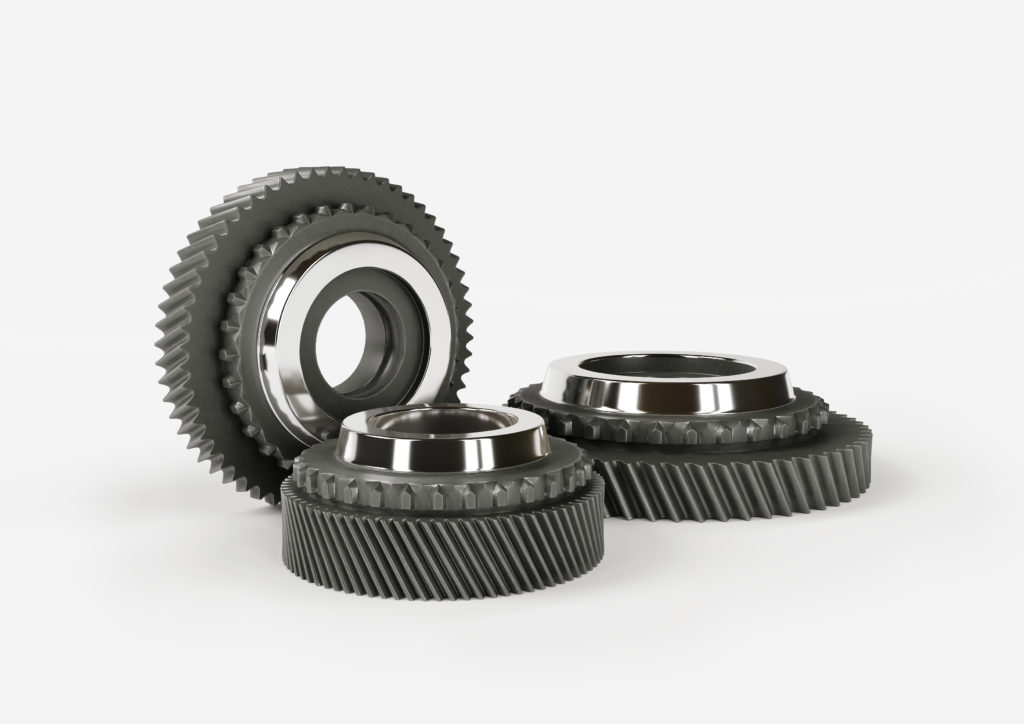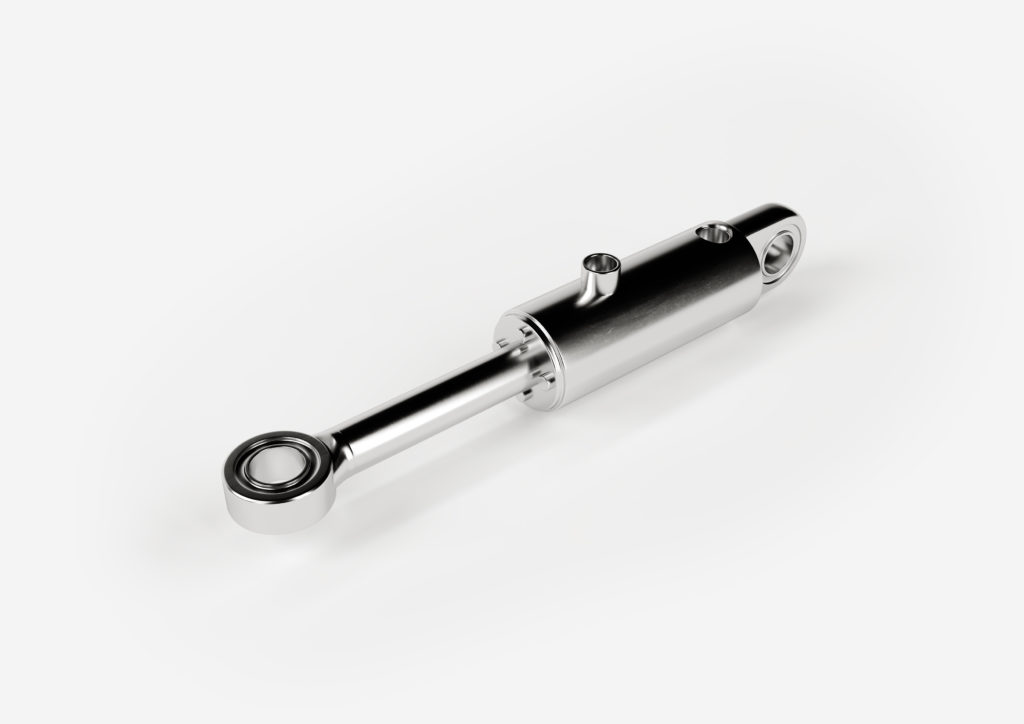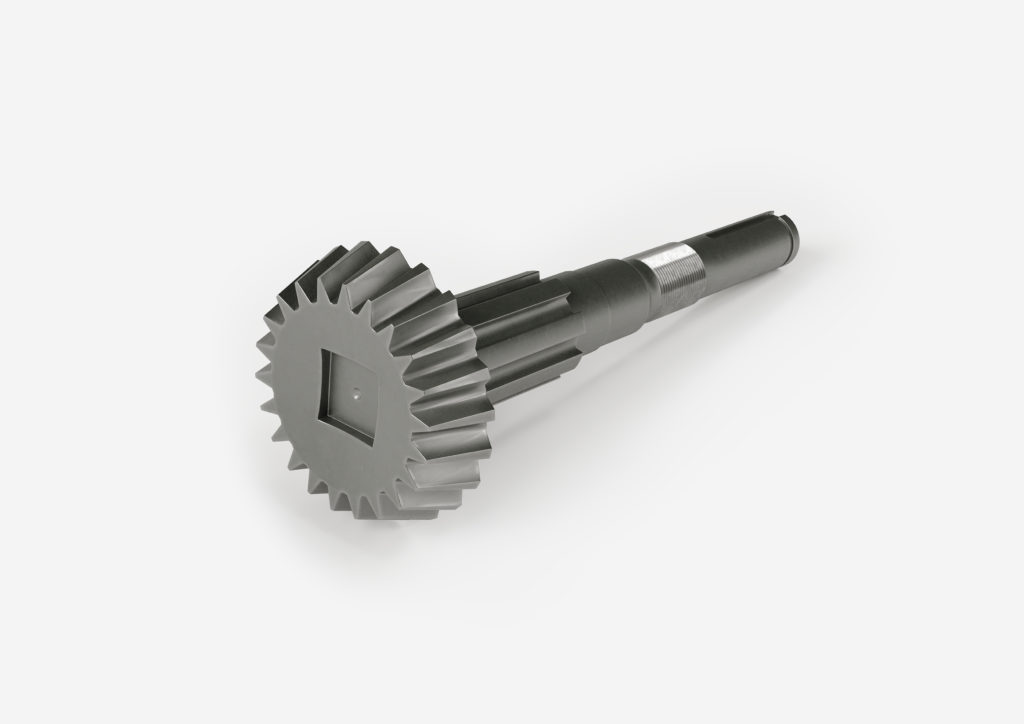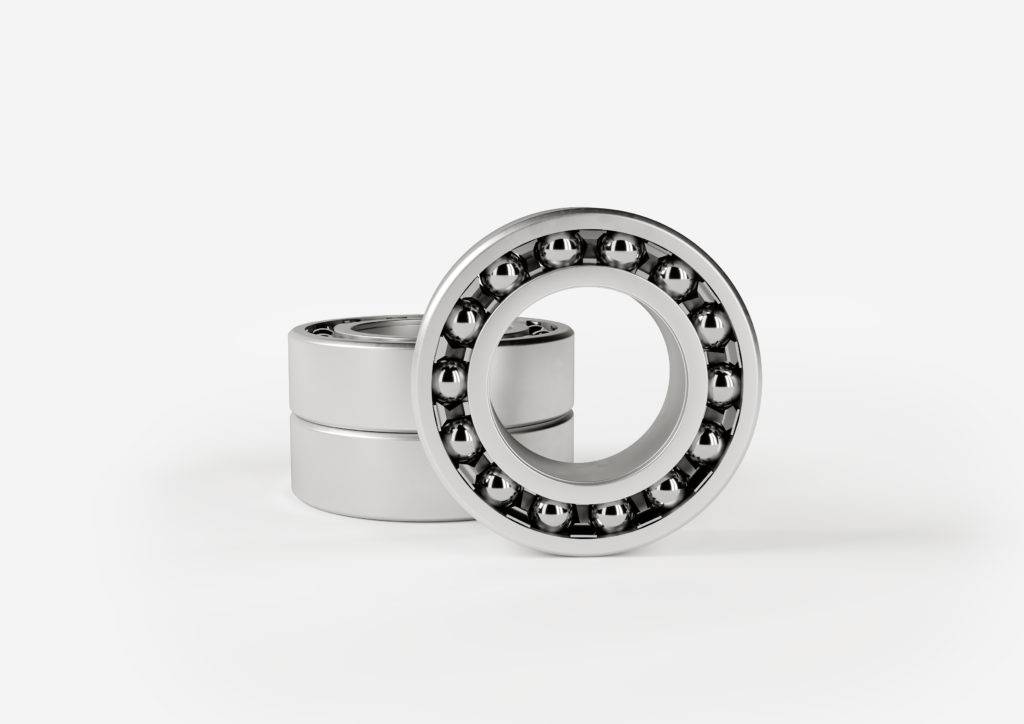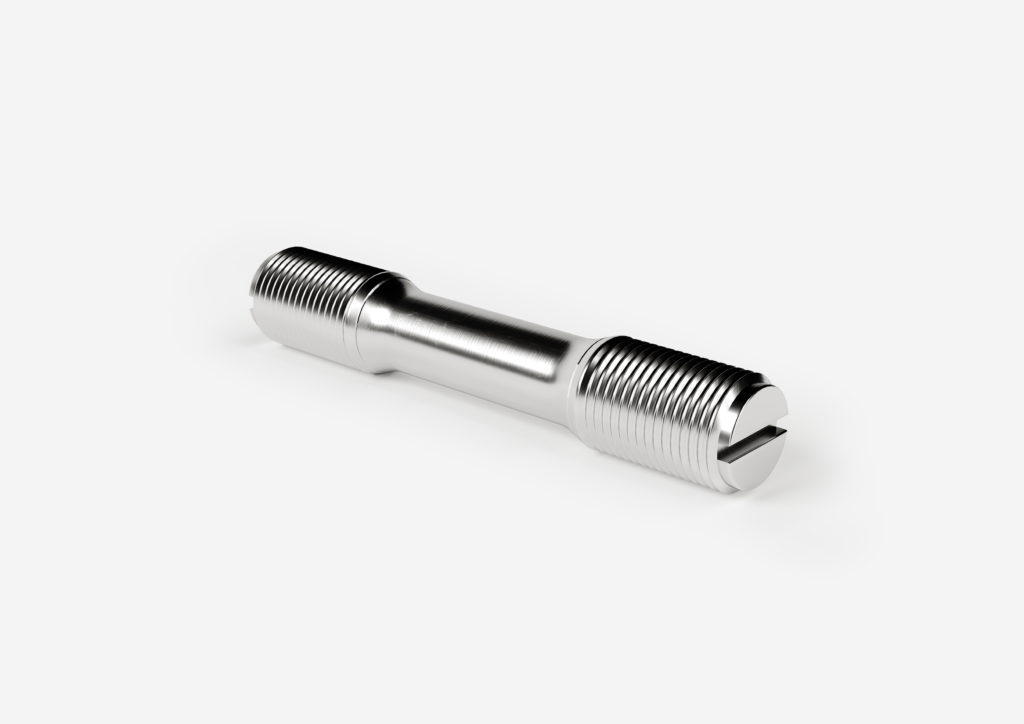
itself: 20,000 tons comprising more than 35 different engineering steels, round bars
up to 1,000 mm in diameter as well as flat and square steel bars. We thus cover
the entire range of special steels and conventional materials, sourced
predominantly from German and European steel producers.


saws, centric drilling, turning in accordance with drawing specifications on conventional
lathes, and drilling center holes. We also offer you other processes such as peeling, heat
treatment and deep hole drilling in cooperation with our experienced, long-time
partners – all experts in their fields!

order to help you solve a problem and not just sell you a piece of steel. Our materials technology
department provides additional assistance in the event of special requirements. Our production
and logistics departments then take care of your orders to ensure the material you ordered
is delivered to you in the desired quality and packaging on the requested delivery date.
HERSTA – The Specialist for High-quality Steel
Do your products require more than just standard quality and durability?
Do you have rigorous criteria regarding purity, strength and ultrasonic testing of your raw material?
Are you looking for special steels that you cannot find on the market?
Then we are the right partner for you!
In addition to numerous special steels from our extensive 20,000-ton product line
we can also supply you with conventional materials, produced mainly in Germany and Europe – of above-standard quality.
Our 60 highly qualified employees draw on our broad range of raw materials and utilize our diverse processing capabilities and additional other services to offer you a customized, high-quality product – which increases the value added of your own products!
NITRIDING STEEL
Nitriding steels have a special chemical composition that ensures optimum nitriding treatment after machining. Introducing nitrogen into the surface layer makes it possible to create surface hardness exceeding 1,000 HV, which increases resistance to wear and corrosion, while the core remains ductile with little material distortion. This is achieved by optimizing the composition of the alloying elements molybdenum, chromium, aluminum and/or vanadium. Nitriding steels are typically used in the plastics industry for cylinders, piston rods and worm screws as well as for spindles in machine tools.
15NiCr13 | 1.5752
17CrNi6-6 | 1.5918
18CrNi8 | 1.5920
18CrNiMo7-6 | 1.6587
16MnCr5 | 1.7131
20MnCr5 | 1.7147
CASE HARDENED STEEL
This type of steel is case hardened after machining by diffusing carbon into the surface layer. This produces high surface hardness while the material retains a ductile core. The achievable degree of toughness and ductility of the core (in particular at low temperatures) depends on the composition of the alloy. As a rule, case hardened steels are subjected to an annealing or a pre-hardening and tempering process at the production site to ensure good machinability. They are used for components subject to high levels of wear and high impact loads, such as gears and bolts. Case hardened steels are not suitable for ambient temperatures above 200°C because their surface hardness begins to decrease at these temperatures.
37MnSi5 | 1.5122
30CrNiMo8 | 1.6580
34CrNiMo6 | 1.6582
35NiCrMoV12-5 | 1.6959
34Cr4 | 1.7033
41Cr4 | 1.7035
25CrMo4 | 1.7218
34CrMo4 | 1.7220
42CrMo4 | 1.7225
50CrMo4 | 1.7228
30CrMoV9 | 1.7707
51CrV4 | 1.8159
QUENCHED AND TEMPERED STEEL
The carbon content of quenched and tempered steels usually ranges between 0.2% and 0.6%. The grade ultimately chosen depends on the desired balance between strength and ductility (based on the cross-section of the component) required for the respective application. Relevant factors include the chemical composition of the material, its thermal treatment and the operating temperature of the finished component. Quenched and tempered steels are either soft annealed or quenched and tempered at the production site. After prehardening, this steel does not usually require further heat treatment after machining. Quenched and tempered steels are used for crankshafts, axles, shafts, connecting rods, bolts and screws.
ZF STEEL
ZF steels have been specially standardized and patented by ZF Friedrichshafen AG. They are usually based on standard steels that the company ZF Friedrichshafen AG has adapted to its own requirements. Such adaptations include the chemical composition, thermal treatment, reduction ratio and ultrasonic testing. The precise specifications depend on the respective application and are based on numerous ZF standards. For instance, marine drive technology requires different materials than those used in industrial gear trains. Only steel works audited by ZF Friedrichshafen AG are allowed to produce case-hardened steels adhering to ZF Friedrichshafen AG standards.
BEARING STEEL
Through-hardened ball and roller bearing steels have a carbon content of approximately 1%. By annealing steel components after machining it is possible to achieve a surface hardness of up to 60 HRC. To ensure good machinability despite a comparatively high carbon content, ball and roller bearing steels are subjected to a special annealing process at the production site. This “annealing to speroidal cementite” is known as AC or spheroidizing annealing. Due to their high resistance to wear, ball and roller bearing steels are used to manufacture ball bearings, roller bearings, anti-friction bearings, worm gears, linear guides and ball screws. For these purposes it is absolutely essential that the raw material has a high degree of purity.
HIGH TEMPERATURE STEEL
High temperature steels are used in applications subject to high temperatures. Special chemical analyses and high tempering temperatures are used to anneal the steel to prevent a decrease in strength under high temperatures in the intended application and over longer periods of time. Some of the high temperature quenched and tempered steels we stock can be used at temperatures of up to 530°C. High temperature steels are typically used in the construction of power stations and pressure vessels. Strict criteria must often be met to ensure compliance with specifications of the German pressure equipment code and the European Pressure Equipment Directive.

